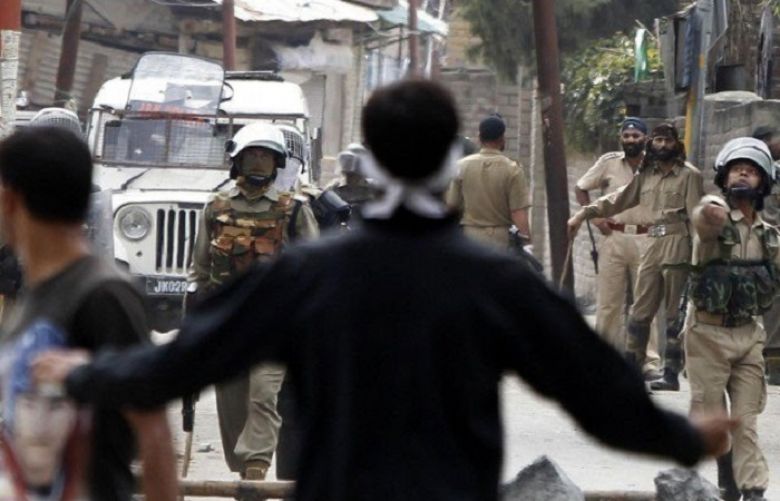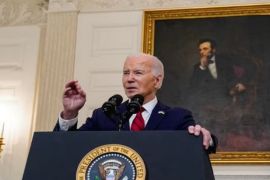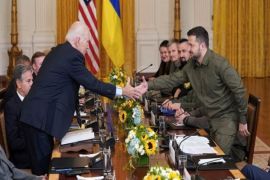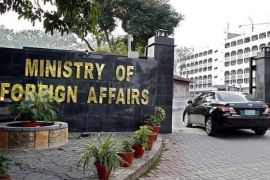The delegation led by former Indian Minister Yashwant Sinha has warned of catastrophic situation in 2017 and 2018 in Jammu and Kashmir if India fails to accept ground realties on the dispute.
The delegation that visited Kashmir twice during the uprising last year released its detailed report, yesterday.
The report said that the Kashmiris were of firm belief that pro-India local political parties can’t find solution to the issue and if India failed to accept the ground realties, “Kashmir can witness catastrophic situation in 2017 and 2018.”
The report states that lull in stone pelting and street protests was temporary and there would be “more worst to come.”
The report has been prepared by former External Affairs Minister of India, Yaswant Sinha and other members that included former Chief Information Commissioner Wajahat Habibullah, former Air Vice Marshal (Retd) Kapil Kak, journalist Bharat Bhushan and Executive Program Director of Centre for Dialogue and Reconciliation (CDR) Sushoba Bharve.
The report framed by the five-member team states: “Kashmiris believe that there is a crisis of acknowledgement of the Kashmir problem with the Indian state. They feel that India refuses to recognize that Kashmir is a political problem and, therefore, requires a political solution. Almost every Kashmiri we met said that there was a need for a one time political settlement and that unless the basic political issue was resolved, death and destruction would continue to visit Kashmir with increasing frequency.”
The report states that Kashmiris claim that they have lost faith in India because it has failed them. “Now the trust-deficit is widening. Some Kashmiris believe that the Indian state looks at Kashmir through the framework of national security,” reads the report.
The report said, “A persistent sense of discrimination against the Kashmiris pervades the minds of the vocal sections of the population,” reads the report.
The report states that Kashmiris say that their protests are neither sponsored by anyone nor are their youngsters being paid to come out in the streets.
The report reads that there is a strange apprehension among the Kashmiris that something untoward is going to happen once spring sets in. “What happens in the period after April 2017 is expected to be much higher in magnitude and intensity,” it said.
“What happened in 2008 and 2010 was of moderate intensity. The 2016 events were of a higher magnitude. What happens next will be of a much higher intensity if the Indian state does not take the right steps (to contain the situation). What will happen in 2017 or 2018 will be of catastrophic proportions,” report quotes a civil society activist from Shopian having predicted.
The local pro-India political parties are seen to have a purely utilitarian function, reads the report. “They have very little to do with the mainstream sentiment in Kashmiri society,” the report added. “Kashmiris do not believe that the local parties can resolve the political issue of Kashmir. They point out that this complex issue has to be addressed by all the stakeholders – India, Pakistan, and Kashmiris of the entire erstwhile Jammu and Kashmir. Unless the three stakeholders address the issue, they believe, it cannot be resolved.”
The report says that if India is seeking only a temporary peace then that can be achieved by revoking laws like the Armed Forces Special Powers Act (AFSPA) and the Public Safety Act (PSA). “That will certainly lead to the emotional tempo cooling down but Kashmiris point out, “Do not mistake that for a permanent solution,” it states.
The report states that three things which need to be done immediately-Improve the human rights situation in Kashmir, a multi-dimensional dialogue for settling the Kashmir issue should be started between India and Kashmiri leaders and between India and Pakistan and to institutionalize the process of interaction between civil society groups from the rest of India and the Kashmiris by involving more opinion makers and concerned citizens.







